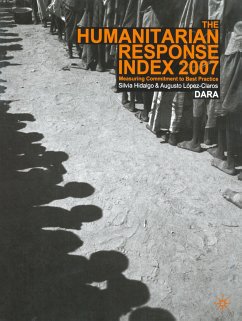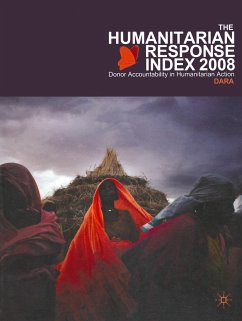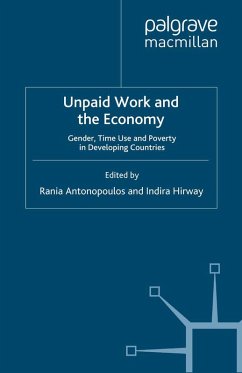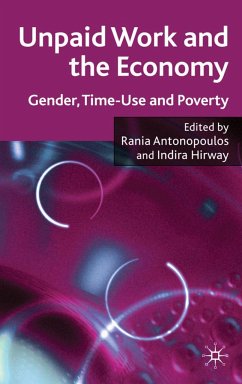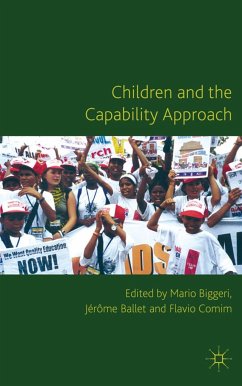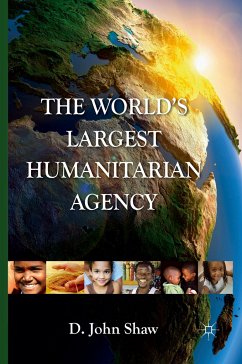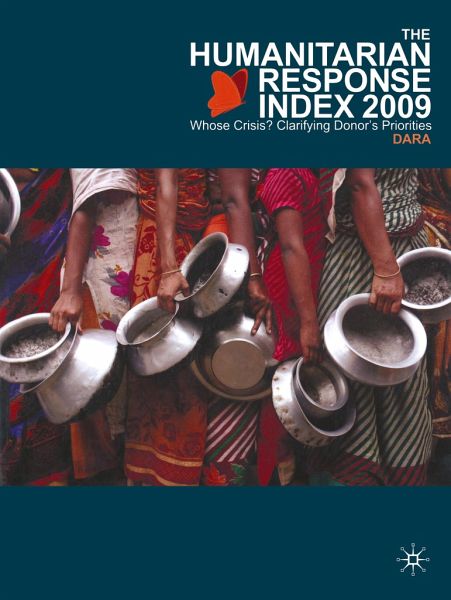
The Humanitarian Response Index (HRI) 2009
Whose Crisis? Clarifying Donor's Priorities

PAYBACK Punkte
19 °P sammeln!
Over 350 million people are affected each year by disaster and conflict. The international community is often unable to respond effectively to these crises. The HRI is an annual assessment of how well governments respond to humanitarian crises around the world. The HRI 2009 focuses on the effects of the global financial crisis on donor funding for humanitarian assistance, strategies to safeguard the quality and effectiveness of aid for people affected by disasters, conflicts and emergencies.
Over 350 million people are affected each year by disaster and conflict. The international community is often unable to respond effectively to these crises. This report provides an independent examination of donor performance with the aim of improving the effectiveness of aid, and promoting greater accountability of donors.





